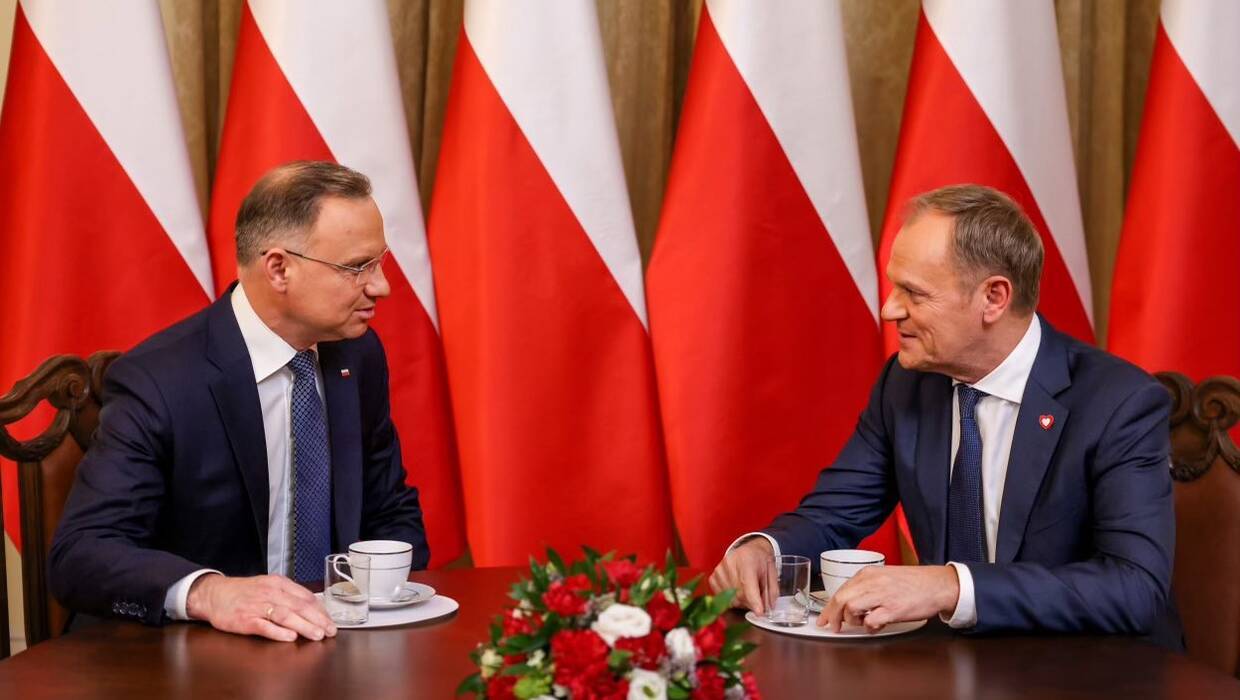History Repeats Itself.
It is often said that we should learn from history to avoid repeating the mistakes of the past. This has never been more appropriate given current events in the Middle East. The last world conflict cost the lives of over 60 million people – not something anyone would want to repeat.
Currently, on Netflix, there is a very popular show called ‘1670’ which is a satirical look at life in 17th-century Poland. Humorous, self-deprecating, and a good example of the Polish sense of humour. During an episode, there is a meeting of noblemen to vote on changes in legislature and one man uses his vote to block these changes – known as ‘liberum veto’.
A check on absolute rule
This parliamentary device was in force during the Polish–Lithuanian Commonwealth. It was a unanimous voting rule that allowed any member of the Sejm to force an immediate end to the current session and to nullify any legislation that had already been passed. Simply by shouting either ‘Sisto activitatem!’ (I stop the activity!) or ‘Nie pozwalam!’ (I do not allow!).
All of the Polish–Lithuanian noblemen were considered to be equal, therefore every measure that came before the Sejm had to be passed unanimously. The liberum veto was a key part of the political system, strengthening democratic elements and checking royal power. This was in contrast to the European-wide trend of having a strong executive or absolute monarchy.
Of course, this system also meant that if there was no agreement then nothing would be passed. It is viewed historically as a major cause of the deterioration of the Commonwealth political system when foreign powers bribed Sejm members to paralyse proceedings.
President Duda (a PIS supporter) recently used his presidential powers to veto a bill which the new coalition government under Donald Tusk wanted to pass. The bill would have increased the salaries of teachers which doesn’t seem like something many people would object to. Even so, Duda used his vote as more of a protest against the changes which are being implemented elsewhere, such as the state media – regarded as the former propaganda mouthpiece for the previous PIS administration. The blocked bill included PLN 3bn for public media.
Duda justified his lack of consent for the bill citing blatant violations of the Constitution and the principles of democratic law, referring to the changes within the former broadcaster which is being dismantled. The management of public media companies, who were receiving considerable salaries I may add, can only be dismissed by the National Media Council. This council was set up when PIS was in power and staffed by PIS party loyalists who turned public media into a propaganda outlet for PIS. A self-controlling circle.
Prime Minister Donald Tusk made a statement on the X social media platform to say that President Duda’s veto ‘blocks money for kindergarten teachers and new teachers while allowing pay rises for CEOs of state companies and agencies.’
Another tweeted, ‘President Andrzej Duda took four out of twelve Christmas Eve dishes from teachers. At the Christmas table, Poles will wonder whether he did it out of revenge or stupidity,’ a leader from the Left, Włodzimierz Czarzasty.
The clock is ticking …
Tusk is under pressure – his government needs to fulfil some of their election promises which included a 30% pay increase for teachers and a 20% pay increase for public sector employees. One big reason why Tusk is under such pressure to pass these bills for 2024, is that President Duda managed to stall Tusk’s coalition from taking power for two months after the elections.
It seems party politics and the ‘liberum veto’ are again at play in Poland with one man – the president – able to use his vote to prevent any changes that he or his party doesn’t agree with. 2024 is going to be a turbulent and difficult year for the coalition government – that is until the presidential elections in 2025 when things may change for the better.







